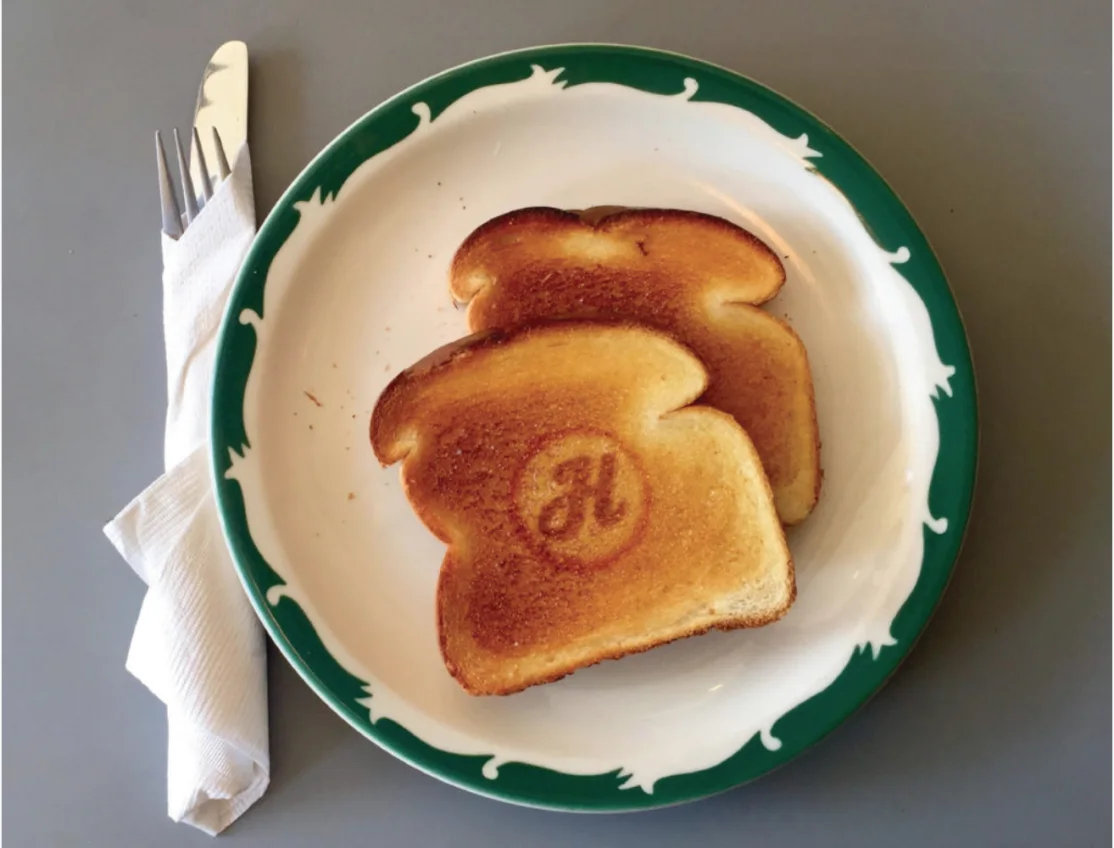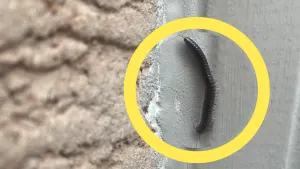
From beer waste to bread: How it’s made
'Making beer there's almost no waste except for that spent grain': Brewers buddy-up with bakeries to reduce beer waste
Baking bread out of beer - you read that right. Local bakeries are buddying-up with breweries to bring a new meaning to beer waste.
The Drake Commissary and Henderson Brewing may be neighbours, but they share more than just a loading dock.
“We're very lucky that we're attached to the Drake Commissary. The Drake Commissary turns out a lot of all sorts of foods and they have a great facility for baking bread,” said Steve Himel, one of the founders and general manager of Henderson Brewing.
“They have been taking a lot of our grain, along with third-party, to make a lot of different bread and cracker products. So, it's very convenient that they're literally located about a hundred metres from where the spent grain lives today is them,” said Himel.
Barley is typically the main ingredient in any beer brew. The grain gets malted and that affects the flavour. Himel compares the process to that of roasting coffee. He compares the brewing process to that of making wine.
“You know with wine people can easily understand that you take grapes, you juice the grapes and the grapes turn into wine. Exact same thing is true for beer, except that instead of grapes, it’s grain. So, if grape juice makes wine, grain juice makes beer.”
That sweet barley water, known as wort, goes on to the next steps of brewing and what’s left behind is the spent grain.
“We are left with the spent grain or the husks and the pieces of the grain that are leftover when we’ve pulled all the liquid out,” said Himel.
“In a typical week will go through 10,000 kilos of spent grain and we've got to find a home for that. Since we opened we have been trying our best to find alternate solutions to our current one, which is that the grain goes off to farms and feeds animals.”
Breweries need to get that grain to somebody who is going to use it right away.
“The challenge with the spent grain is that it's wet and because it's wet, it begins to sour, meaning that there's natural bacteria on the grain that is invigorated during the water process. Over the course of maybe 12 hours it's going to start to sour and smell,” said Himel. It makes the byproduct unpalatable.
Enter Drake Commissary.
“I was approached by Dihan Chandra who's the genius behind the spent goods company. He approached me to ask if I would be interested in just trying to work with the spent grain product that we get from Henderson's and I said yes! It just seemed like a really good, really interesting, compelling idea,” said Jonathan Biro, the head baker at the Drake Commissary.
The Drake Commissary takes a portion of that beer byproduct that would otherwise go to waste and elevates it.
“We would consider the spent grain as it's being used in this application, as an adjunct. So essentially what we're doing is creating a really delicious, nutritious, whole grain sourdough bread. We're taking that dough and then we're marrying that with the spent grain that we get from Hendersons and then over the course of extended period of fermentation, it becomes a unique product,” explained Biro.
The Drake Commissary makes a variety of products using the spent grain, from their signature beer bread sourdough to their Lavash, a thin, whole-grain cracker. They make baguettes, English muffins and pretzels.
“We have more than doubled our production of specifically spent grain products since we started. I think that's a good indication that it's being very well received,” said Biro.
How much spent grain is produced? How much gets reused?
“A typical brew day here will produce about 2,000 kilos of spent grain,” said Himel.”Let's just say we produce about the size of a small car's worth of spent grain per day of brewing.”
Himel said they are only diverting one or two per cent of spent grain at the moment.
“Using even 1 per cent in a food product is an awesome first step because if we can turn that into 2 per cent and then 5 per cent and then 10 per cent... you know this becomes something that becomes much more sustainable for us as an industry, and also for the planet as a whole,” he said.
“The worst case scenario is that the grain just rots and we just throw it into the landfill and it rots. The more that we can find a way to use this byproduct, the more we're adding value and the more we're reducing the amount of resources that were using sort of globally,” said Himel.
He says now it’s all part of peoples’ social contract to recognize these opportunities and do what they can to improve them.
Thumbnail image source: Henderson Brewing












